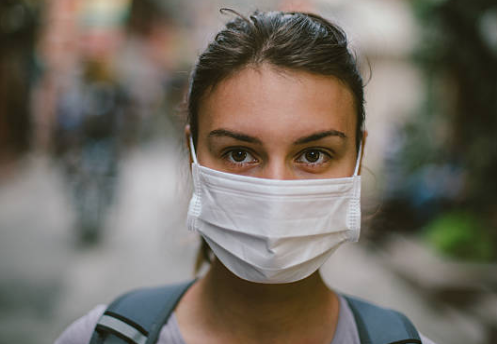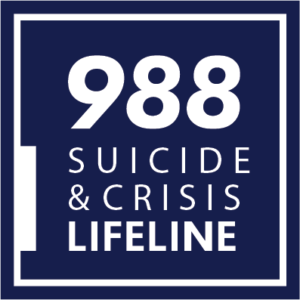Surviving the Anxiety of COVID-19
Tips from a Mental Health Professional.
As a psychologist, even I am not immune to the anxiety of COVID-19 and the constantly changing course of events and how it is affecting our lives. Married and with children who are still in high school, we have had the difficult discussions of how to cope with the “new normal.” Anxiety has increased ten-fold even before this virus and is now exponentially greater and even more intense for many people. Anxiety is experienced or manifests in different ways depending on the individual and their coping resources or tools. Physically, it feels like shortness of breath, dizziness, nervousness, brain fog and poor concentration to name a few. It can also feel like you have run out of energy and feel constantly fatigued. Mentally, and emotionally, it feels overwhelming, stressful, or scary. It can come in the form of inertia, when you feel like putting tasks off for later, and later never comes. So, embrace your anxiety and label it, or give it a name like Bob or Jane. Don’t fear it or feed it. Change your thoughts regarding your need for control by focusing on what you can control.
Understand that loved ones will feel angry or irritable as their anxiety increases with each postponement, cancellation, furlough or layoff. Try to put yourself in their shoes and be patient with them and try to understand the reason for their concerns. Social distancing and all of this uncertainty is the new normal and we don’t know how long this new normal will last If you anticipate it to end quickly then it will feel like a car ride that you expected was only going to take 20 minutes and at the 15 minute mark you were informed it would last 9 days in that car with your whole family pilled in and one pit stop per day for lunch and no internet or playlist to access. So make plans for this to last a while.
Create a new routine. All of us are out of our normal work or school routines that allow us to predict what happens next. We also need to get back as much of an old routine as possible. If we get up in the morning for work or school at a certain time, then keep that time. Lunch, exercise, socialization and activities need to occur if possible around that same time to create the feeling of routine and structure. Structure and routine allow us to predict what is next thus decreasing the feeling of anxiety.
Balance your day with exercise, fresh air, humor, and new and creative ways of socializing. Learn a new skill or hobby that will serve as a much needed distraction. Limit screen time and your exposure to notifications of breaking news, rumors, or false information. Check your news feed less often perhaps limiting to once per hour. Add calming activities to your day such as meditation, mindfulness, and deep breathing. If you are able, get outside and play. Visit nature and notice all the things that you missed before. Walk through your neighborhood or park and think about what you are grateful for or record it in a gratitude journal.
When we are experiencing anxiety and stress it is difficult to be creative and think of things to do so, make a “menu” for yourself and loved ones of things to do when you are feeling anxious. Get support from friends and family. Ask for assistance. It is beneficial to talk to a mental health provider who can support you and help you access and sharpen your coping tools or add to your tool box as you work hard to maintain your loved ones anxiety and your concerns during this uncertain time.
All mental health professionals are now conducting therapy sessions via tele-mental health. This means that you can contact a licensed mental health provider in your area through your phone, cell phone, or computer. Stay safe, stay healthy, be responsible and stay apart.

